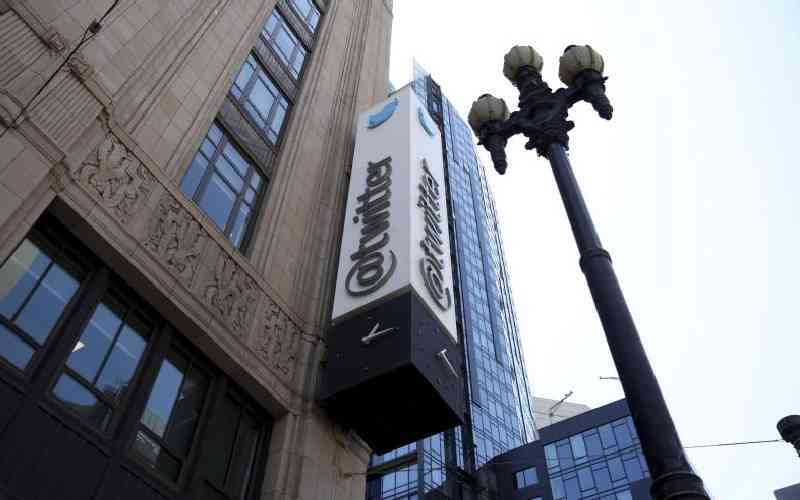×
The Standard e-Paper
Fearless, Trusted News

In football, when there is a prolonged quiet, Zlatan Ibrahimovic, a timeless footballer who plies his trade in Italy for AC Milan, resurfaces with something to say.
Often controversial, his chest-thumping and ridiculous comments that target fellow players, belittling them while exalting himself, cause excitement and elicit debate.